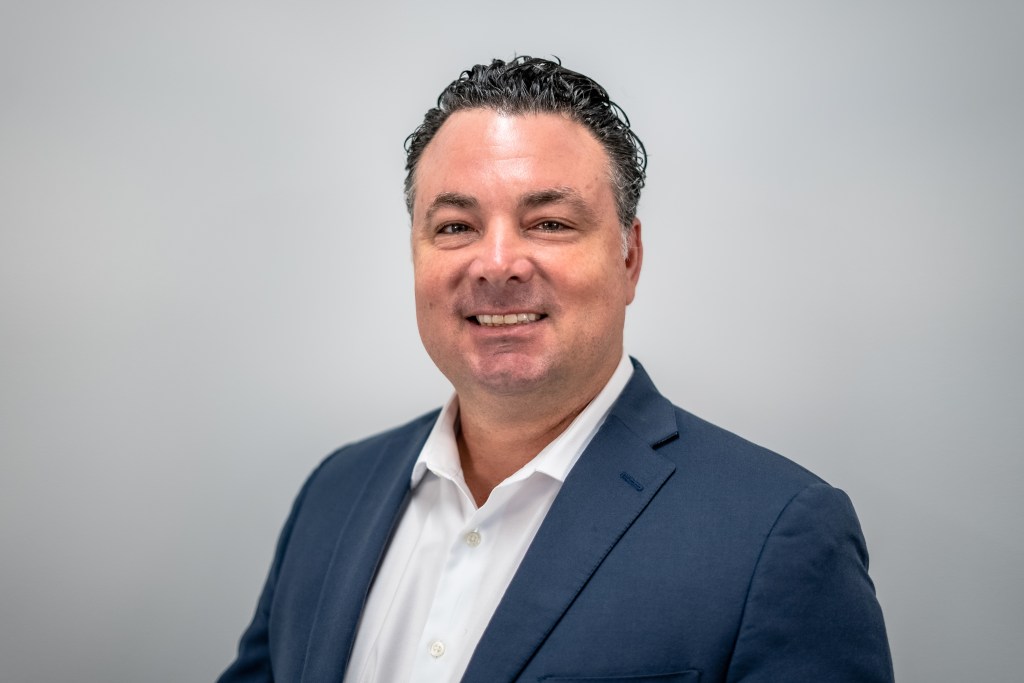
Today’s market means that more borrowers have higher debt-to-income ratios, limited access to credit and are looking for alternative ways to get qualified for a mortgage. Tom Davis, chief sales officer at Deephaven Mortgage, offers information about products that can get borrowers qualified and goes into some of the trends he’s seeing in the market today in this executive conversation.
HousingWire: What factors are contributing to borrowers falling out of the Agency market?
Tom Davis: The main issue with fall-out scenarios is that the government-sponsored enterprises (GSEs) have a tighter box with underwriting standards. Due to the requirements under the QM Rule set forth by the Consumer Financial Protection Bureau (CFPB), certain borrowers have limited access to credit and to alternative ways to qualify for income. Specific factors include higher debt-to-income ratios, self-employed borrowers who can’t qualify using tax returns, less than seven years out of a credit event such as a foreclosure, or real estate investors with more than 10 properties.
Non-QM provides an alternative solution to qualify these borrowers that Agency (the GSEs) does not offer. Deephaven has the flexibility to underwrite based its own lending standards and requirements conducive to challenges in the market. While our guidelines are flexible, every borrower must prove their ability-to-repay their mortgage to satisfy the ATR rule.
HW: What are the top three products originators should be offering in 2024?
TF: A significant amount of volume could be added to an originator’s bottom line simply by offering Bank Statement loans, DSCR cash flow loans, and a stand-alone second lien product such as our Equity Advantage loan. There are high income and high-net-worth self-employed borrowers and real estate investors in every town. Often, traditional mortgage products don’t meet their needs. These are sizable portfolios that require an alternative non-QM solution such as the products that Deephaven offers.
Bank Statement loans are specifically for self-employed borrowers who can submit personal or business bank statements for income verification instead of tax returns. One-year profit and loss statements and 1099s are also accepted. Our DSCR loan for real estate investors qualifies on the rental cash flow of the subject property. No traditional income analysis or employment information is required. All of our non-QM product options allow flexibility, including seasoning requirements, outside of the restrictions of the Agency box. Equity Advantage is a second lien cash-out refinance loan that allows borrowers to keep their first low rate mortgage.
HW: Why are DSCR cash flow, bank statement and second lien mortgages popular right now?
TF: The reasons for the popularity of each of these loans is as unique as the products themselves and the borrowers who need them.
The demand for bank statement loans continue to grow because the population of self-employed borrowers is significant. There are over 18 million self-employed people and over 35 million businesses in the U.S today, according to the U.S. Census Bureau. Self-employed business owners and 1099 earners will always be around, and the population will continue to increase. Many of these people who want to purchase or refinance might not qualify using tax returns. They can qualify using bank statements, 1099s or 1-year profit and loss statements. They just need an originator who offers those non-QM products.
Real estate investors build their portfolios regardless of market conditions. DSCR loans are always a popular option. This is because they don’t require employment or income documentation and close quickly. These loans qualify based on the rental cash flow of the subject property as mentioned before. In 2023, 26% of purchases were investor transactions – a quarter of the market is impressive and confirms the opportunity. Over 18.5 million of these investment properties are 1-4 units which Deephaven allows.
Stand-alone second mortgages are becoming more and more in demand. Homeowners who want a cash-out refinance might have a low first rate that they want to keep. The answer is a separate mortgage or second lien that allows them to tap into their home equity for home renovations or debt consolidation.
Debt is an issue in the market today. According to the Federal Reserve Bank of New York, total household debt stands at $17.5 trillion. Credit card debt is at $1.129 trillion, and auto debt is at $1.6 trillion. Second mortgages likely will have a higher interest rate than the first mortgage but lower interest rates than their credit cards. It’s a great option for debt consolidation.
HW: Where can mortgage professionals turn to learn more about non-QM?
TF: A true educator in the market is Deephaven Mortgage. We offer training, webinars, and non-QM expert sales representatives who are advisors. Our sales team will teach you about our non-QM products and how to structure these loans. Partner with Deephaven and we will help curate a business plan that includes non-QM to grow your business further in 2024.
More information: Deephaven Mortgage.





